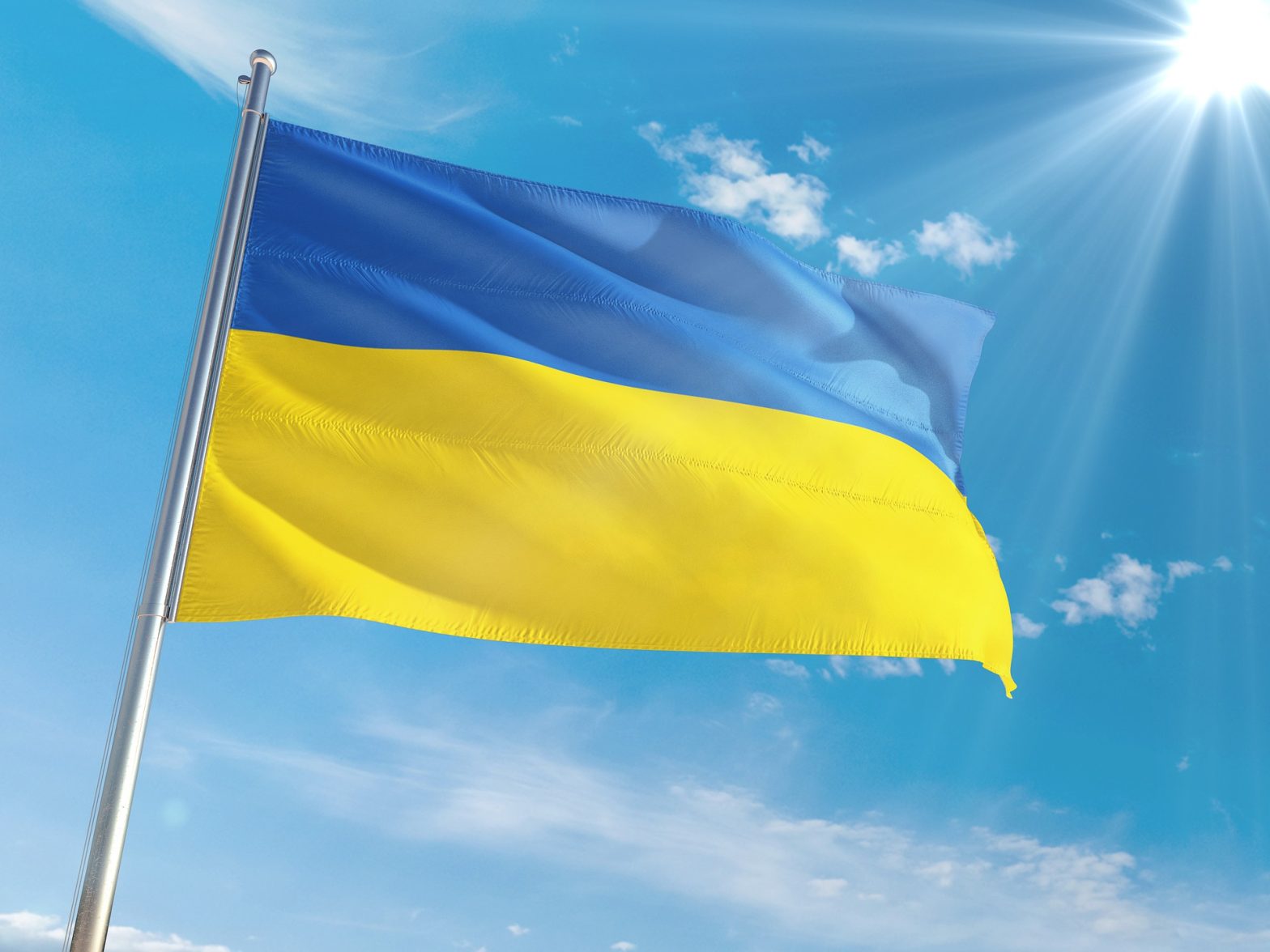The Ukraine Crisis & Operation Ganga
The Operation Ganga started too late & has a conceptual weakness.
The tragic death of Naveen, 21, from Karnataka has focused national attention on the plight of the Indian students held up in Ukraine where the Russian military is meeting resistance, perhaps unexpected, from Ukrainian military and the civilians armed by President Zelensky. It appears Naveen, who went out to buy essentials, got caught in the cross fire. His parents are anxiously waiting for his mortal remains.
The key question is: who are the men responsible for the Ukraine crisis?
Three men are responsible for the war that has killed hundreds of human beings and compelled over 600,000 people to flee their country, not to speak of the threat of a nuclear war after Putin put his nuclear weapons on high alert.
If Presidents Putin, Biden, and Zelensky had behaved responsibly the course of history might have taken a different turn. Putin is right in demanding that no NATO missiles should be deployed in Ukraine. He has taken the same stand as Kennedy took in 1962. The crucial difference is that Kennedy and Khrushchev had the wisdom and diplomatic skills to negotiate their way out of a crisis that could have led to a nuclear war. President Zelensky seems to more interested in projecting his heroism than in seeking a conditional cease-fire to be followed up by serious negotiations.
Let’s focus on the plight of the Indian students. There were about 19,000 of them in Ukraine, most of them studying medicine. That tens of thousands of young Indians have to go out to study medicine shows a serious policy failure on the part of successive governments in India. When I was Deputy Secretary, way back in the early 1970s, Malaysia offered to fully fund the establishment of a medical college anywhere in India provided they got 50 seats. I recommended the proposal to our Ministry of Education. They shot it down saying there was no ‘provision’ for permitting a foreign government to fund a college in return for a certain number of seats for their nationals.
As regards Ukraine, it seems there was no contingency plan with the Embassies in Ukraine and in the neighbouring countries. Perhaps, Ministry of External Affairs had not sent out the instructions? Considering that India has carried out evacuations in the past, including the one in 1990 when over 176,000 Indians were airlifted from Jordan, it is surprising that no contingency plans were made. In 1990, the Ministry had a plan to evacuate the entire Indian community from the Gulf in case, for any reason, their stay became unsafe. We thought that if Iraq invaded Saudi Arabia, the Indian community there should be evacuated. In the case of Ukraine, it seems the government was taken in by surprise. The correct approach is to be prudent and act in good time. Even the first advisory from the Embassy could have been worded better.
The Operation Ganga started too late and has a conceptual weakness. It is aimed at bringing every Indian student to India as Prime Minister Modi has explained. What is important is to take them out of Ukraine. It does not matter whether they stayed in the neighbouring countries or came back all the way to India.
Another question is whether the Indian community was mobilised in Ukraine and the neighbouring countries. We have not come across reports of such mobilisation. In 1990, it was possible to arrange for a truck load of bottled water to be supplied to Indians held up in Amman by making a single phone call to the president (Ambassador’s wife) of the Indian Women’s Association in Abu Dhabi.
The control room in MEA works 24/7 with a total strength of about 100, so that, at any given time, there are 20 personnel headed by a Director level officer. The Embassies in Ukraine and neighbouring countries too have been strengthened up to a point.
At present we have about 3,000 students in Kharkiv and Sumy. Both are close to Russia. When the war started, the Russian military was able to prevail and India had requested Russia to arrange for safe passage of Indians. But, soon, the military situation changed quickly to the disadvantage of Russia. We can only hope Russia will cooperate if it regains control of the area.
The dispatch of Ministers was not necessary. Our Ambassadors are capable of handling the matter. Moreover, it is unfair to impose on them the extra burden of looking after a minister. Is it part of public relations to have dispatched the ministers? Even the deployment of IAF is more a publicity stunt as Air India has enough capacity.
Let us hope that, sooner rather than later, the three presidents would have the good sense to arrive at a conditional cease-fire to be followed by negotiations. It will be in the interest of Ukraine to have the negotiations within the framework of OSCE (Organization for Security and Cooperation in Europe) rather sit opposite Russia.
This article was written by K.P. Fabian for madrascourier.com, where it first appeared.
Image courtesy: pixabay.com
